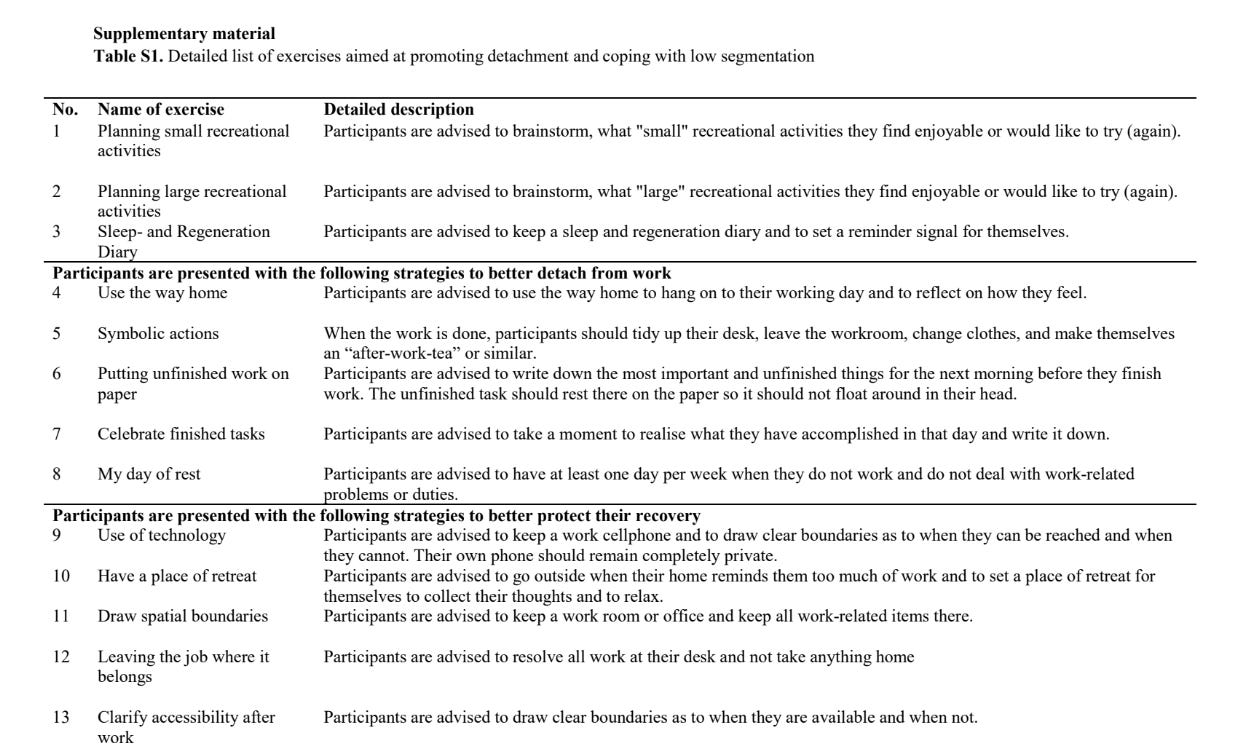Improving Work-Related Stress and Sleep for Remote Workers
Insights from a new randomized controlled trial on strategies for mental and physical "detachment" from work while working from home

Drawings of the Moon by Galileo Galilei. 1609. Watercolor. Biblioteca Nazionale Centrale. Florence, Italy. Thought to be the first realistic depiction of the moon in history, seen through Galileo’s telescope, laying the blueprint for art depictions to come. Remote work offers employees enhanced flexibility and autonomy.
However, the constant availability for work while at home blurs the boundaries between professional and personal life, leading to increased rates of insomnia or significant sleep difficulties and possibly detrimentally impacting mental health.
Work-related rumination, where individuals mentally dwell on work stressors, can prolong physiological arousal and disrupt sleep. Mental detachment, on the other hand, involves psychologically disconnecting from work, which can reduce stress and improve sleep quality.
A recent randomized controlled trial (RCT), from Germany, published in BMJ Mental Health examined an online training program aimed at reducing work-related rumination and improving sleep quality.
The authors define rumination as:
the constant mental representation of work-related stressors and continued involvement with work-related content.
The study involved 128 adults experiencing moderate to severe insomnia in environments where work and personal life boundaries were blurred.
Participants were randomly assigned to either the GET.ON Recovery online training program or a waitlist control group (no treatment). Follow-up assessments on rumination and sleep were conducted at two and six months.
The online program included six “modules” or sessions and were encouraged to be completed weekly. The modules were a combination of cognitive behavioral therapy (CBT) strategies specific to reduce symptoms of insomnia, establish clear work-life boundaries, and reduce hyperarousal related to work stressors.
Study Strategies
Below is a table on the specific strategies taught to study participants to increase detachment from work while working remotely.
Key findings
Implementing practical behavioral strategies significantly improved sleep and reduced distress related to remote work.
Improvements were noted despite the persistent organizational challenges, indicating that individuals can still achieve positive outcomes in demanding work settings.
The study highlights the limitation that symptoms of insomnia remained at subclinical levels on average, showing ongoing challenges posed by stressful working conditions.
Study Limitations
Despite positive outcomes, the study had limitations such as a relatively small sample size, which could affect the reliability and applicability of the findings.
There was also a high 44% loss to follow-up rate at six months, potentially introducing bias and impacting the study's long-term assessment.
Takeaways
→Establishing physical boundaries between work and personal life is crucial for maintaining mental well-being and improving sleep quality.
→While individual-focused interventions are effective, organizational-level changes may be necessary to fully mitigate the negative impacts of poor working conditions on employee sleep and well-being.
*To learn more on research-backed strategies for improving sleep and setting healthy boundaries at work for preventing burnout, see my research-informed book recommendations.






